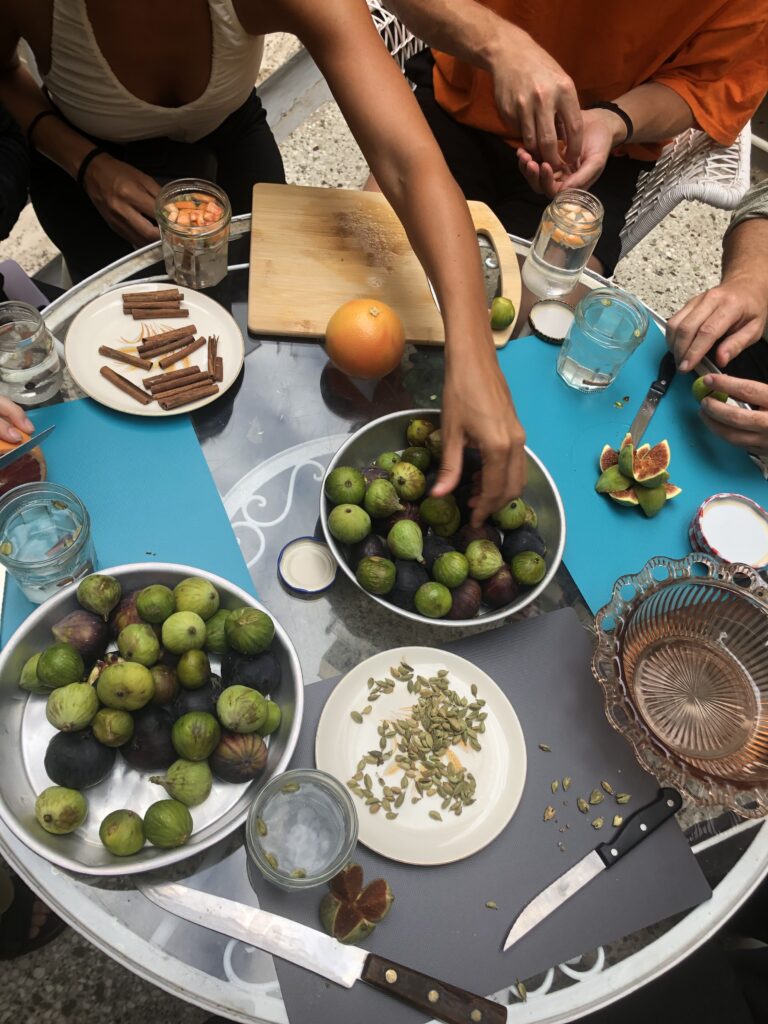
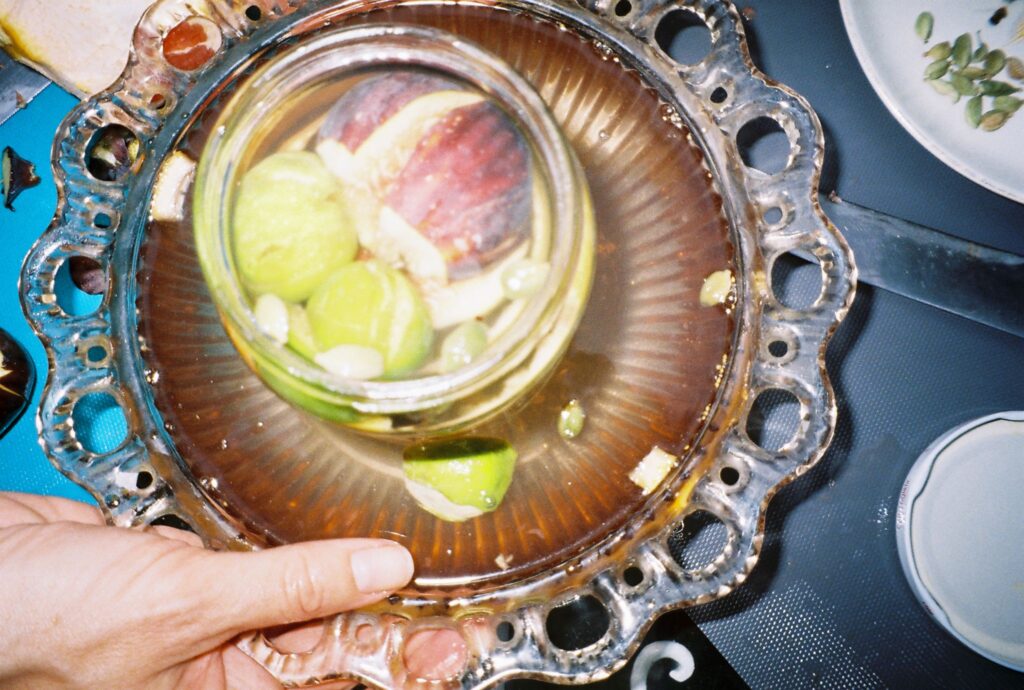
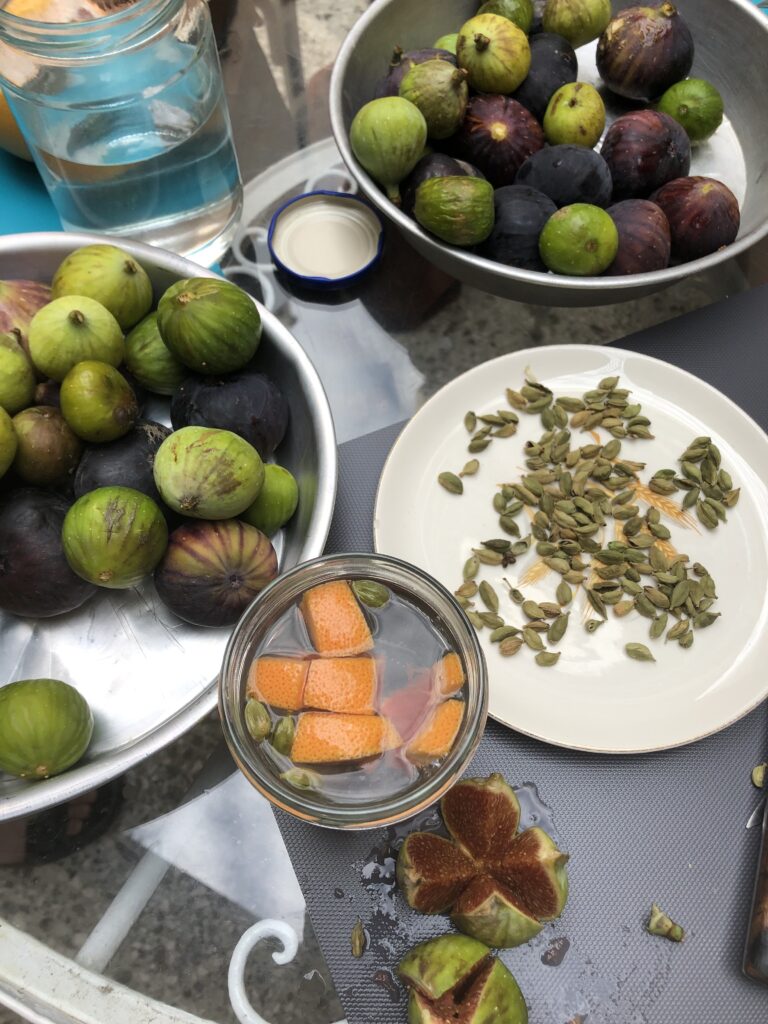
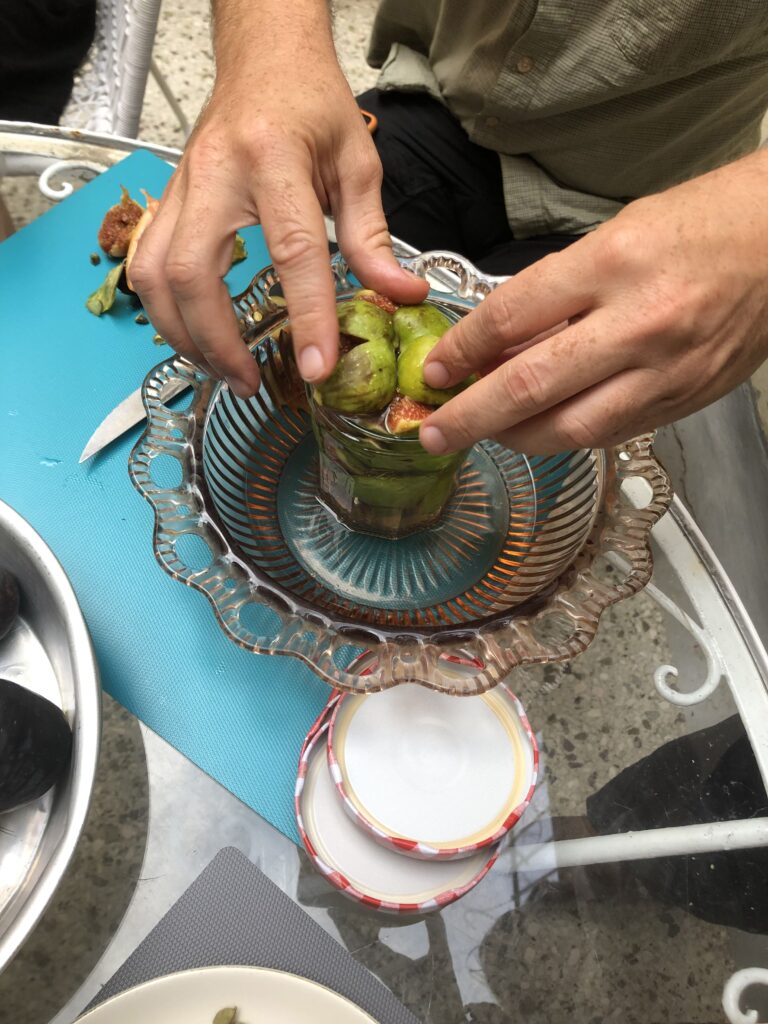
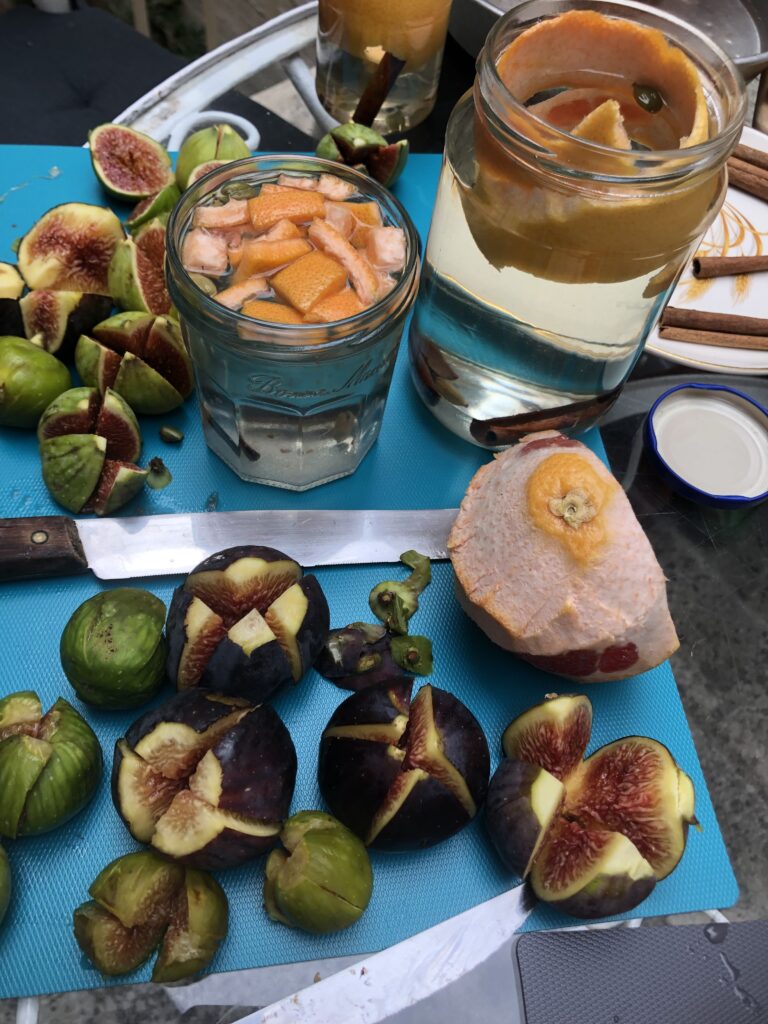
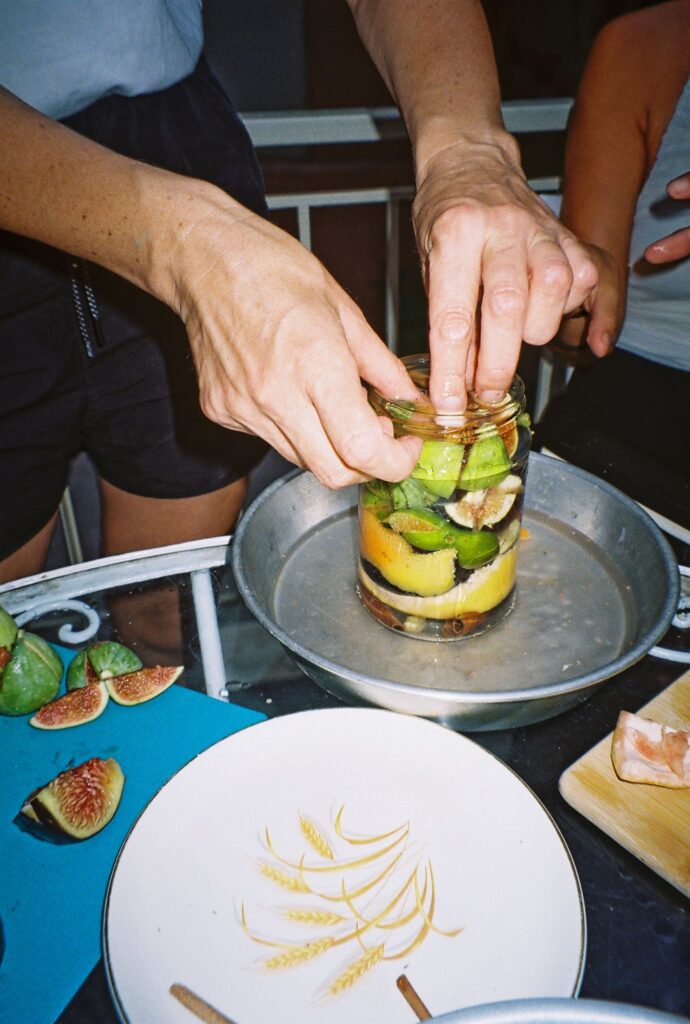
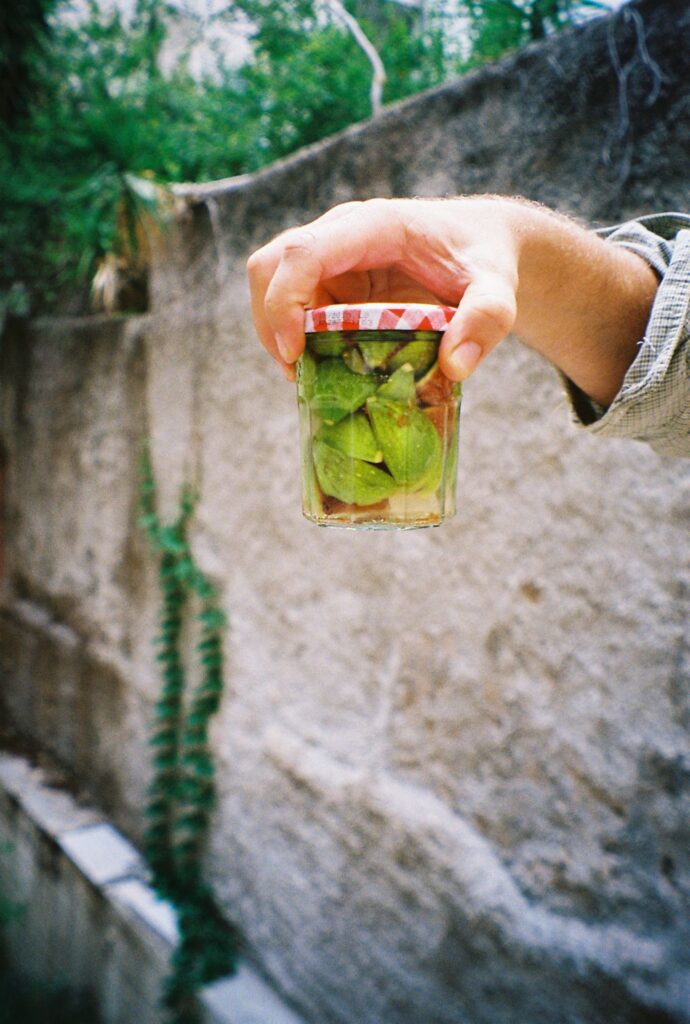
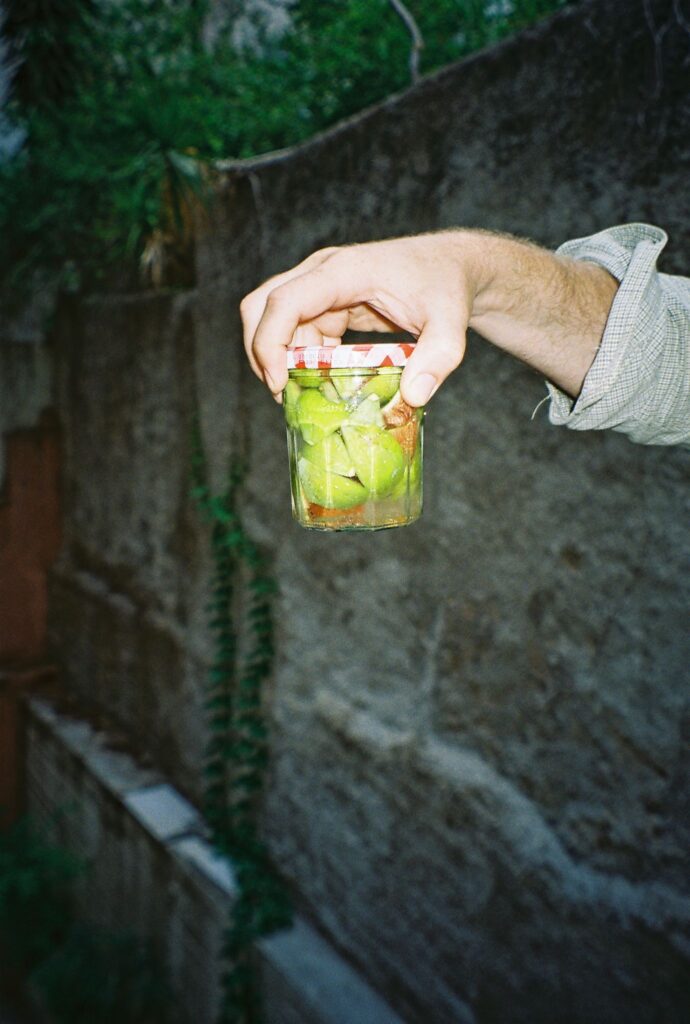
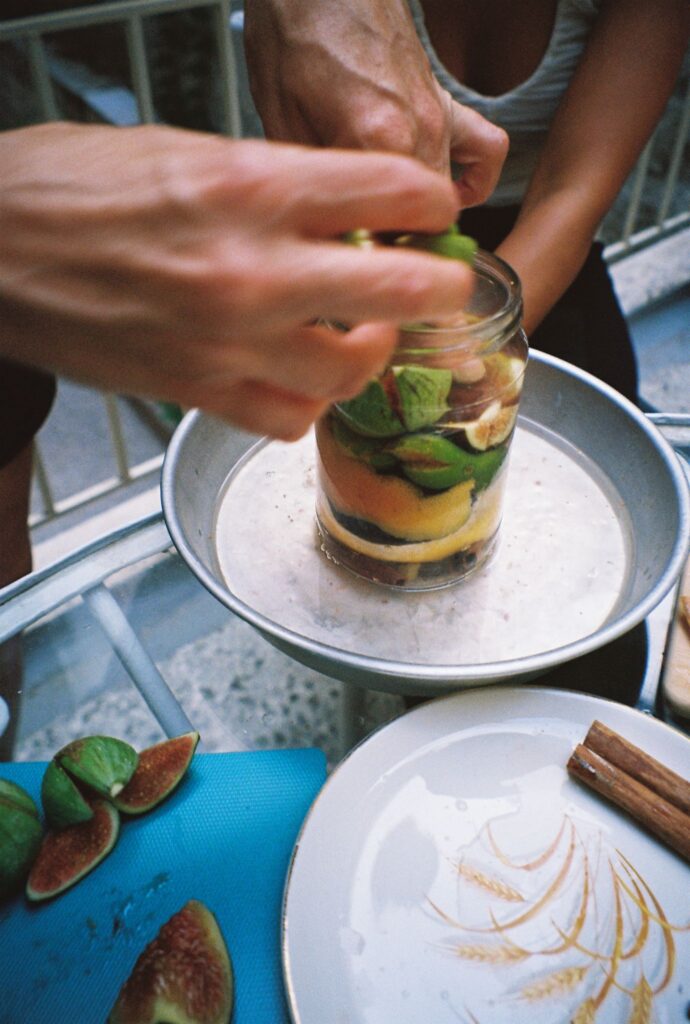
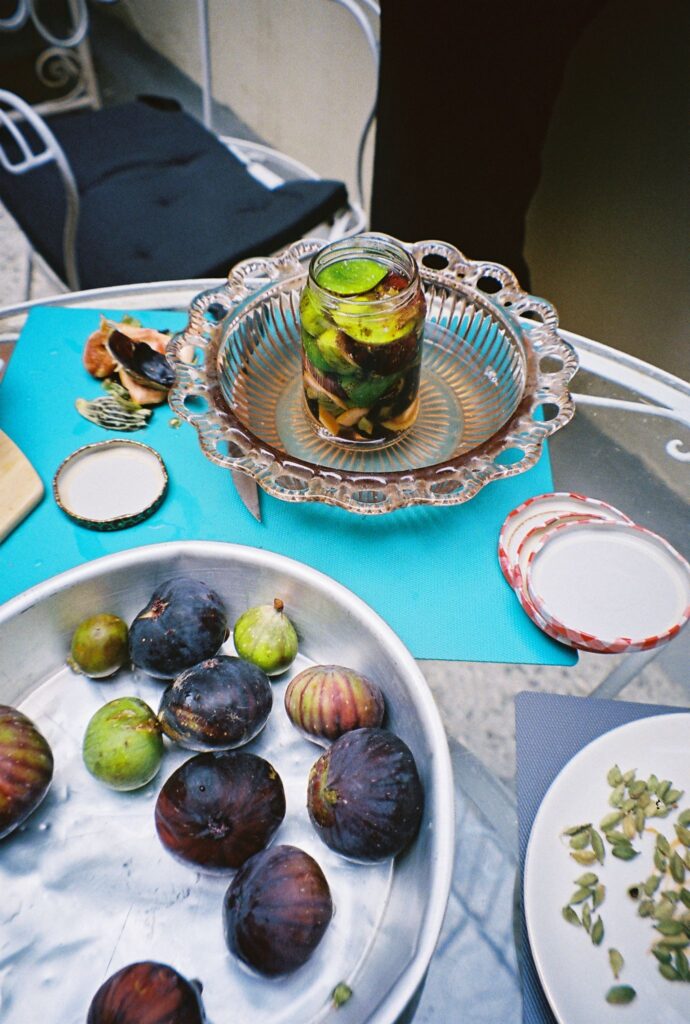
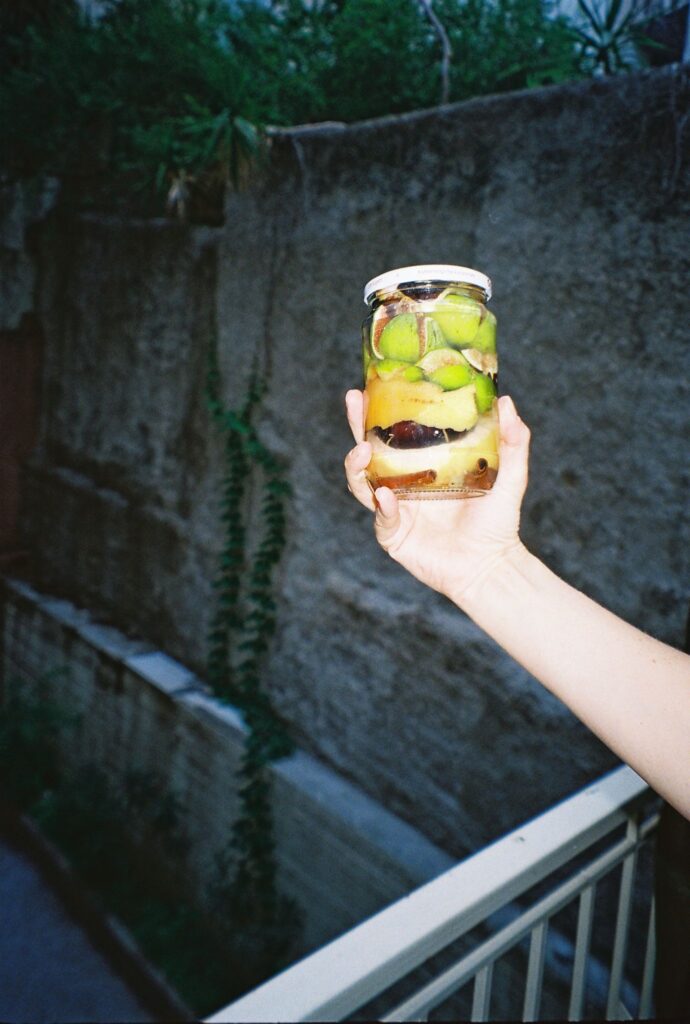











21 September—4:00 pm
Event
Food Art Research Network and State of Concept Athens invites you to a workshop that explores processes of collective fermentation, part of the collaborative project Care Ecologies. Over two hours we will engage in a collective inquiry into microbial transformation, examining it as a generous model for contemplating flux and the porousness of collective bodies. Processes of fermentation are contingent upon shifting conditions and spontaneous encounters. The process catalyzes reflections on transformative processes and their innate relationship to reciprocity, care and mess. Ferments are saturated with speculations upon microbial economies of exchange. The workshop takes Lauren Fournier’s proposals about fermentation as a material practice and metaphor through which to approach transnational feminisms, thinking about ways in which “feminisms might be reenergized– through symbiotic cultures of feminisms, fermentation prompts fizzy change with the simultaneity of preservation and transformation, futurity and decay.” The workshop explores the collective as a fermenting body, an organism that possesses the capacity to digest matter, contend with difference, and transformation.
Please reserve your place at [email protected] as space is limited.
The workshop will be conducted in English.
Please bring with you one jar with a lid (300 – 500 ml)
Making Effervescent Encounters is presented by Food Art Research Network and State of Concept, orchestrated by member of the network, Grace Gloria Denis. Making Effervescent Encounters is part of Follow the Plants, Food Art Research Network’s program throughout 2023-24, initiated by Madeleine Collie and supported by Australia Council for the Arts and Monash University Curatorial Practice.
Part of Care Ecologies, Funded by the EU
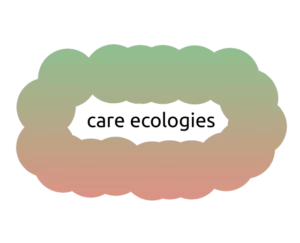
In Collaboration with:
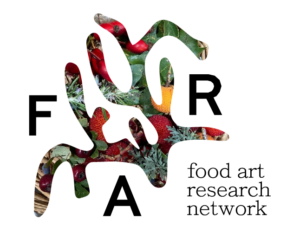

Grace Gloria Denis’ work converges agricultural research with interactive installation, braiding together edible matter and sound to propose a convivial and comestible approach to critical inquiry. Implementing the meal as both a medium and a pedagogical tool, her work refers to participatory action research models, engaging in collaborations with actors in local food systems utilizing agroecological or permacultural techniques. Her work considers the quotidien interaction with the esculent realm as a poetic tool of transmission, inviting a reimagination of sensorial relationships to consumption practices that prioritize reciprocity.
Madeleine Collie is a writer, researcher and curator with a focus on plants, poetics, and living relations in the fields of art and culture. She established the Food Art Research Network (FAR) in 2020 as an international platform for slow practice in which artists trace connections between contexts through research that connects ecosystem change to broader social and political forces. She collaborates with Study Pattern collective on the ongoing enquiry into Pedagogies of Transition and she lectures and publishes regularly on contemporary art practices.